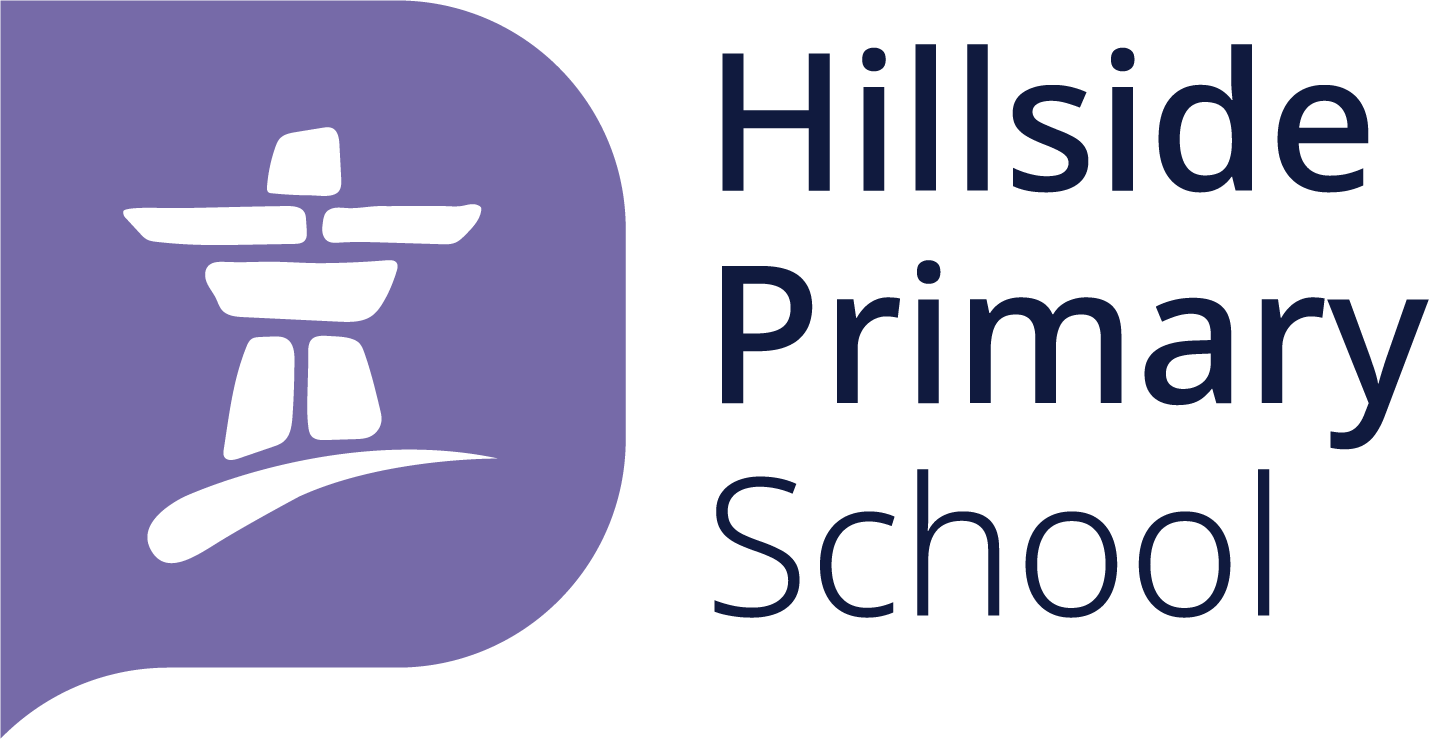Intent: Our reading and writing curriculum enables children to communicate clearly and access knowledge, opening doors to other cultures and the world around them.
We teach phonics through Read Write Inc (RWI) which is a systematic synthetic phonics and early reading programme with a whole school approach to teaching early reading and writing, designed to ensure progress for every child. Phonics is taught throughout EYFS and KS1 with the RWI programme starting in the summer term of nursery. Prior to this, children are developing their listening skills, learning to recognise and decipher between different sounds. In KS1, once children have completed the phonics programme, they join a reading and grammar group which focuses on continuing to develop children’s fluency and comprehension. Children in KS2 who continue to require phonics, follow either the 1:1 tutoring programme or take part in additional small group RWI sessions.
Children learn to read sounds and blend them into words. They apply this phonic knowledge to read and comprehend story books that are carefully matched to the sounds they know.
While your children are learning to read, they work in progress groups to master each level of phonics and reading. Children work in these progress groups for one hour each day. This means they are learning at their ‘challenge’ level for five hours a week. (Reception children build up to this throughout the year).
Throughout the week children develop their phoneme and grapheme fluency, basic comprehension, handwriting and practise of sentence composition.
One-to-one tutoring: Even with the best teaching and the best programme, there are some children who need extra practise to keep up. We accelerate the progress of these children with 10 minutes of one-on-one tutoring every day.
Home support: Read Write Inc. provides everything parents need to help children practise reading at home. Each week, children take home a Read Write Inc. Storybook which contains phonemes which the children have been taught as well as a book for pleasure which they have chosen. This second book is for you to read to and with your child.
Intent: Enabling our children to access the world around them and develop a love of reading.
At Hillside we prioritise reading as a fundamental skill that our children require in order to access the broader curriculum and the world around them. There is explicit teaching of core reading strategies and cohesive learning approaches building conceptual fluency and preparing children for future demands of reading at secondary school.
Children begin their reading journey through our systematic synthetic phonics programme, Read Write Inc. and develop their comprehension skills through our ambitious reading curriculum. Underpinned by CUSP Reading, our curriculum progressively develops children's skills in retrieval, inference and explanation as well as vocabulary and language development. It exposes children to high quality ambitious texts which challenge their thinking and develop their range of experience. These texts have been mapped carefully to ensure a breadth of experiences, authors, texts and themes across the primary years, including core poems that each year group will study in detail such as The Raven by Edgar Allen Poe. These texts represent a promise from the school to every pupil that it serves, of the literature that it is committed to studying throughout a pupils' school journey.
Children’s reading fluency is closely monitored by the class teacher and once children have completed the school’s phonics programme they will continue to bring home a reading book appropriate to their reading level. In addition to this, children choose a second book to bring home and either read independently or share with an adult or sibling.
Opportunities to develop children’s love of reading come through the use of our wonderful school library, visits to other local libraries, author visits, themed book events and the use of exciting texts across our wider curriculum.
Reading Literature Spine
Intent: Enabling our children to communicate information, thoughts, feelings and ideas legibly and fluently.
Our Writing curriculum focuses not only on the doing of writing but most importantly the teaching of writing.
We have reduced the number of text types visited in order to give time to revisit and deepen understanding of the text types we have chosen to teach. Each text type is visited at least twice during each academic year. Where appropriate text types are linked to learning in other subjects. The text types taught include a range of narrative text types, non-narrative text types and poetry.
Underpinned by CUSP Writing, conscious decisions have been made about the front loading of specific text types e.g. poetry in Year 1 in order to support vocabulary acquisition. Children are taught key skills which are revisited and taught through a vertical progression model, for example links between setting description in Year 1 and character description in Year 2 as well as links between biographical writing skills taught in Year 5 being revisited and used in autobiography writing in Year 6.
Our writing blocks follow a clear teaching process. Week1 focuses on explicit skills, looking at the nuts and bolts of the writing process. During this time, children practise using these skills in short pieces of writing enabling us to minimise the cognitive load. Weeks two and sometimes three give children the opportunity to apply the skills from week1 to a longer piece of writing. This part of the sequence follows a clear process which is expanded or retracted depending on the text type and age of the children. The process includes key areas such as identifying context, purpose and audience, immersing pupils in high quality models, oral rehearsal, writing and editing.
Our writing curriculum is supplemented by additional specific spelling and grammar lessons linked directly to CUSP.
Writing Long Term Plans




